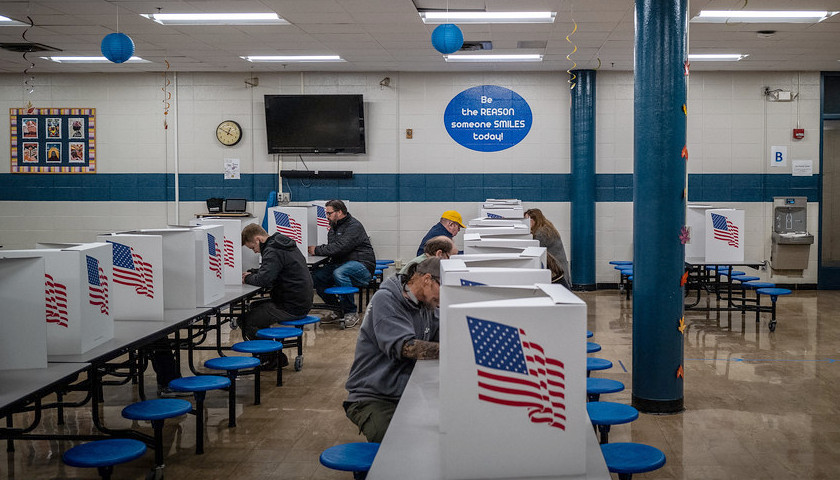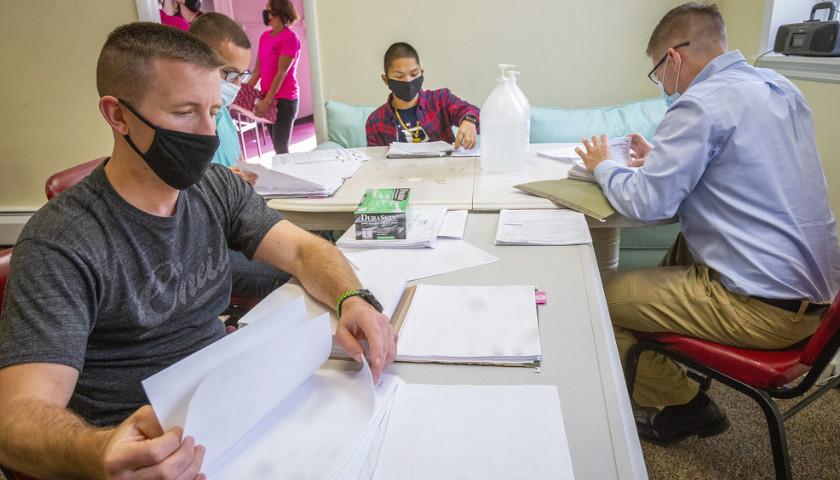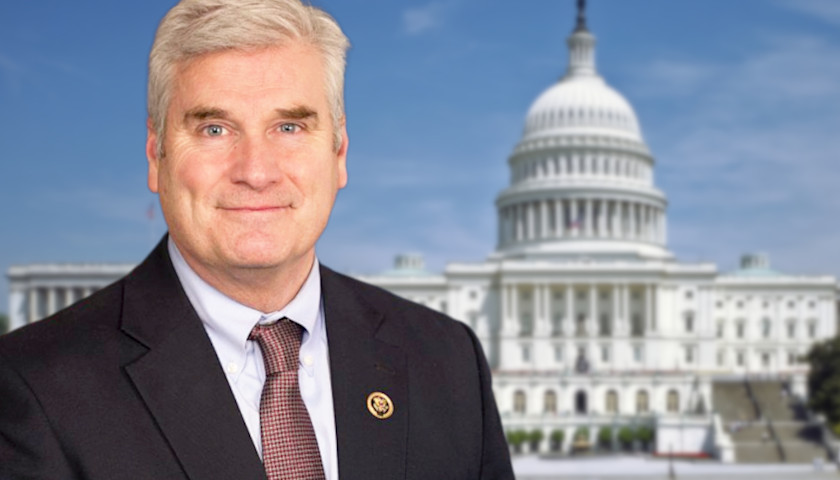Election integrity advocates in Michigan warned about bills in the state House that, if passed, would make the state part of the National Popular Vote Interstate Compact and assign its electoral votes to whichever presidential candidate wins the national popular vote (NPV). The bills will no longer be considered this week, but could be brought up later.
Read MoreTag: National Popular Vote Interstate Compact
Maine Becomes 17th State to Join Effort to Elect President by Popular Vote
Maine’s Democratic governor Janet Mills announced on Monday that her state will become the latest to join an effort to elect the president through popular vote instead of the electoral college.
A coalition of 16 states and Washington D.C., have agreed to send all of their electoral college votes to the candidate that wins the popular vote nationwide as part of the National Popular Vote Interstate Compact, according to the Associated Press, but the states will need to control 270 electoral college votes in order to implement the proposal. So far, with Maine, it has 209.
Read MoreMovement to Decide Presidency by Popular Vote Gains States, Momentum But Also Faces Challenges
The effort to change how the United States elects its presidents – from the existing Electoral College process to a national popular vote – is gaining momentum, but critics are questioning its legality and whether it improves the country’s election system.
Sixteen states and Washington, D.C., have joined the National Popular Vote Interstate Compact, with Minnesota being the latest and Michigan and Nevada considering it.
Read MoreCommentary: House Republican Leader Supports a Democrat-Backed ‘Popular Vote’ Scheme
In 2011, before serving for the House of Representatives’ 6th Congressional District, U.S. Rep. Tom Emmer (R-MN-06), current chairman of the National Republican Congressional Committee, was a national spokesperson for the National Popular Vote initiative, legislation that forms a state-to-state compact with other states agreeing to pledge their state’s electors in the Electoral College to the winner of the national popular vote once participating states reach 270 electoral votes.
This would effectively eliminate the current winner-take-all system in the Electoral College, which has been in place since the election of 1824, whereby whoever wins the popular vote in a state wins the state’s electoral votes.
Read More



